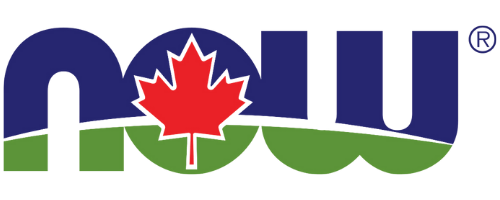The FDA and Dietary Supplements: How Supplements Are Regulated
The Supplement Industry
- Dietary supplements are regulated by the U.S. Food and Drug Administration (FDA), which is given authority to regulate the industry through the Dietary Supplement Health & Education Act (DSHEA). DSHEA is a federal statute passed in 1994 that defines what dietary supplements are, and includes guidelines on how they should be sold and regulated. The FDA regulates dietary supplement marketing, ingredient safety and manufacturing. Learn more about DSHEA.
- The supplement industry has established several third-party organizations that independently monitor and verify product quality. Many of these programs exceed FDA standards for dietary supplements.
How the FDA regulates dietary supplements
The U.S. Food and Drug Administration (FDA) regulates dietary supplements in several ways:
- By monitoring the marketing claims made by dietary supplement companies. They make sure dietary supplement companies do not claim their products prevent, reduce the symptoms of, or cure diseases.
- By reviewing and approving the introduction of new ingredients to the market by affirming generally recognized as safe (GRAS) status, or as new dietary ingredients (NDI).
- By establishing supplement label warning requirements and – if necessary – mandating removal of an ingredient from the marketplace.
- By auditing manufacturing facilities to make sure they follow Good Manufacturing Practices (GMPs).
When it comes to ensuring safety, effectiveness and quality, GMPs are perhaps one of the most critical areas of regulation.
What’s on the NOW supplement label is in the bottle, guaranteed
NOW® adheres to GMP program standards as well as standards that, in many cases, go well beyond what’s required by the FDA. We do everything in our power, including carrying out 16,000 tests in our state-of-the-art labs a month, to guarantee what’s on the label is in the bottle.



